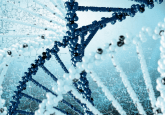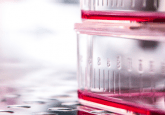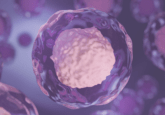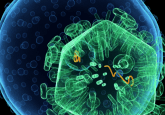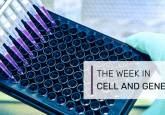Scientists create a synthetic mouse embryo from stem cells
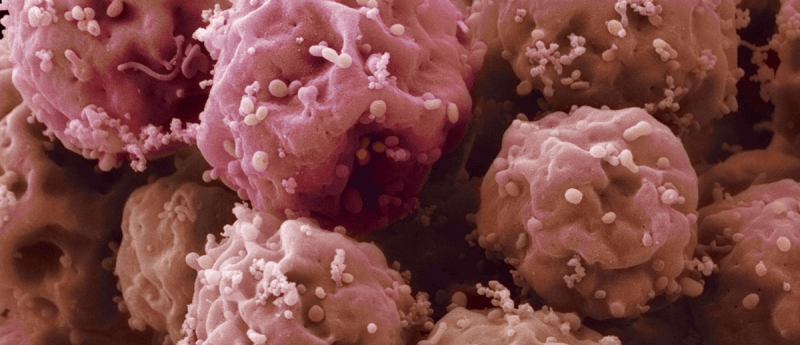
Researchers from the University of Cambridge (United Kingdom) have created an embryo mouse model from stem cells, as opposed to the natural biological procedure of utilizing sperm and eggs. The embryo model developed a brain, beating heart and had all the foundations for other organs. The team published their initial findings in Nature.
The team isolated and cultured three different types of stem cells; one that would become tissues of the body and two types of extraembryonic stem cells that would aid in the growth of the embryo. The extraembryonic stems cells would go on to develop into the placenta, which links the fetus to the mother to supply oxygen and nutrients, and the yolk sac, where the embryo grows and develops.
By directing the three varieties of stem cells that are present in early mammalian development to the stage where they begin interacting, the researchers were able to replicate natural processes in the laboratory. This was done by inducing the expression of a certain set of genes and providing a unique environment for their interactions. The teams’ findings were the culmination of more than a decade of research that progressively led to the development of more complex embryo-like structures.
“Our mouse embryo model not only develops a brain, but also a beating heart, all the components that go on to make up the body,” commented lead researcher, Magdalena Zernicka-Goetz, Professor in Mammalian Development and Stem Cell Biology at the University of Cambridge’s Department of Physiology, Development and Neuroscience.
“It’s just unbelievable that we’ve got this far. This has been the dream of our community for years, and a major focus of our work for a decade, and finally we’ve done it.”
The work represents a major advance that will provide researchers with a better insight into questions surrounding development, such as why some pregnancies fail and how this can be prevented. The researchers are hoping that the discovery may help us understand human fertility and developmental abnormalities, and pave the way for new opportunities in regenerative medicine by creating transplantable tissues and organs in the lab.
Although the study utilized mouse models, the researchers are currently working on a model that is comparable to human embryonic development to understand the mechanisms underlying significant processes that would otherwise be hard to examine in in vivo embryos.
Given that human embryo research is extensively regulated, we must consider the legal and ethical concerns associated with the potential development of synthetic human embryos.
Source: ‘Synthetic’ embryo with brain and beating heart grown from stem cells by Cambridge scientists
You might also like:
